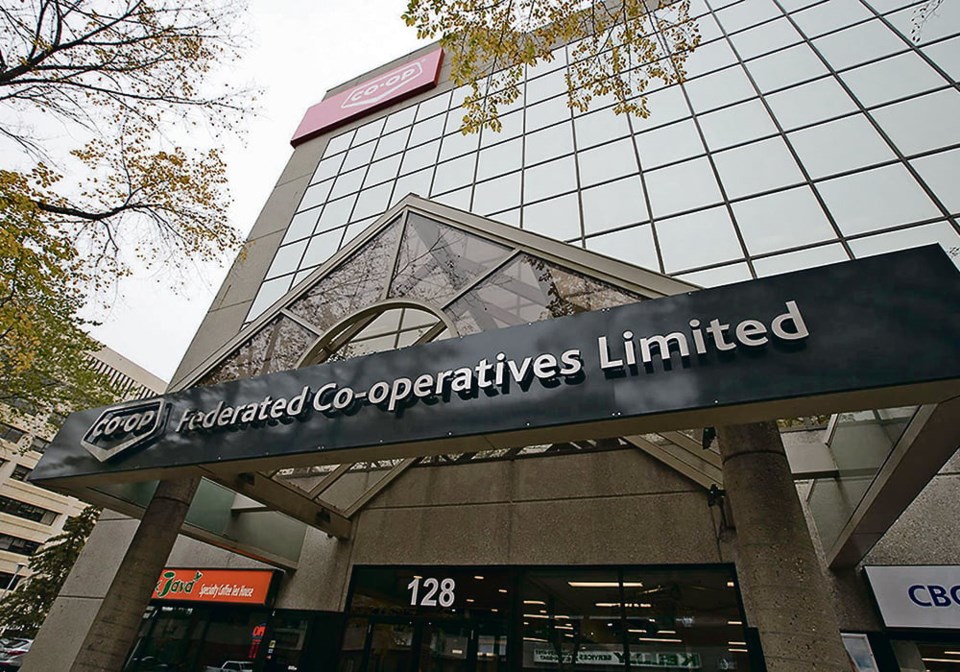REGINA — The CEO of Federated Co-operatives Ltd. said front-end engineering and design continues on its planned Regina integrated agriculture complex even as costs escalate.
Heather Ryan said inflation is a concern. Although she wouldn’t say how much beyond the initial $2-billion price tag the cost has gone, she did say it isn’t far off to suggest it has doubled.
“We want to make sure this project goes forward, but it can’t be at all costs, because we have to be sustainable for the future as well,” she told reporters after speaking at Canadian Western Agribition Nov. 21.
Ryan said there are billions of member dollars at stake and the company can’t misstep.
The plan is still to proceed with the renewable diesel plant fully owned by FCL and a canola crush plant jointly owned with AGT Foods. The latter will use the meal to extract protein and other high value ingredients. The facilities will be located next to FCL’s existing oil refinery and would be on line in 2028 at the earliest.
Ryan said the company is looking at all components of the project to see where it can hold or trim costs.
“Inflation is embedded now,” she said. “It may not still be increasing at that rate but it’s embedded.”
As well, with the number of major projects going on, the cost of labour is rising. Ryan said the company is using a stage gate process to keep tabs on costs.
The project was announced two years ago as a $360 million crush plant plus a renewable diesel facility that would produce 15,000 barrels per day.
FCL will own 51 percent of the crush plant, which is expected to process 1.1 million tonnes of canola seed each year. Ryan said that will supply about half of what the renewable diesel plant needs. FCL said it would consider ways to use other feedstock for the other half.
The complex is part of FCL’s energy transition to a lower carbon footprint. Ryan told the business and agriculture crowd attending the event that FCL is committed to reducing its greenhouse gas emissions by 40 percent below 2015 levels by 2030. It also aspires to be net zero by 2050.
“We own a refinery. We have an ethanol complex. So that doesn’t just happen without some definitely focused effort,” she said. “We do want to become a leader in low carbon fuels in Canada and we want to lower our carbon footprint through agricultural production through continued investments.”
Ryan said plant-based fuel production offers opportunities for emissions reduction on farms while keeping FCL’s supply chain intact.
FCL will start with carbon capture at its two fuel facilities, the Regina refinery and the ethanol plant at Belle Plaine. Maximizing existing assets is key in the transition to cleaner fuels, she said.
The hydrogenated renewable diesel produced at the proposed complex will have the same molecular composition as fossil fuel. Farmers wouldn’t have to change how they operate because the fuel would be a drop-in, Ryan said.
She added that, internally, FCL has combined its agricultural and energy businesses as one business unit because they are so integrated.
“(Agriculture is) creeping up in terms of our annual revenues as well as a component of our overall different commodity areas,” she said.
SASKTODAY.ca is Saskatchewan's home page. Bookmark us at this link.




